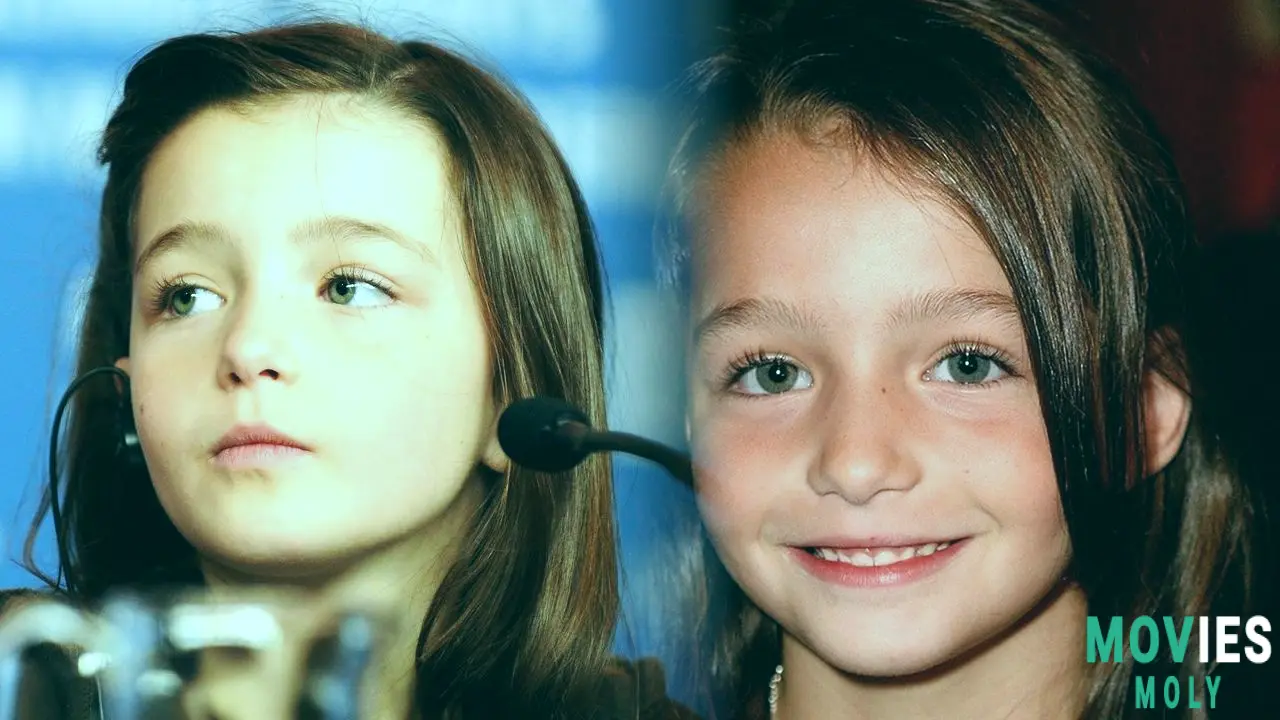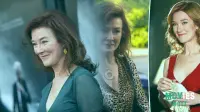In the world of genre films and indie dramas, few names spark the quiet reverence that Sophie Nyweide’s does among those who remember her fleeting yet poignant presence on screen. Though her final curtain came far too soon at the age of 24, with her death under investigation in Vermont, Nyweide’s legacy is not defined by the circumstances of her passing—but by the emotional depth and authenticity she brought to every role she inhabited. Like a hidden Easter egg in a beloved superhero saga, her performances subtly resonated with those who looked a little closer.
From Child Star to Emotional Conduit: How Sophie Found Solace in ActingNyweide’s career began when most kids are still figuring out recess. At age 10, she landed a role in the 2006 indie romance Bella. What followed was a rapid sequence of appearances — a guest spot on Law & Order, parts in Margot at the Wedding and And Then Came Love. By 14, she was sharing the screen with heavyweights like Russell Crowe and Emma Watson in 2014’s Noah. Yet, for all the marquee names and studio lights, Sophie’s most powerful performances were never about spectacle. They were intimate. Personal. Her onscreen presence was a quiet force, much like how Stan Lee’s cameo roles never overshadowed but always complemented the narrative.
What’s especially striking — and haunting — is that Sophie didn’t just act. She survived emotionally through acting. According to her family’s heartfelt obituary, “She seemed happiest on a movie set, becoming someone else. It was a safe place for her.” For a girl who “wrote and drew voraciously,” whose artwork mapped her inner pain, the set was her sanctuary. Like Peter Parker behind the mask of Spider-Man, Sophie found refuge in becoming another character.
The Unseen Struggles Behind a Surface of Creativity and Trust
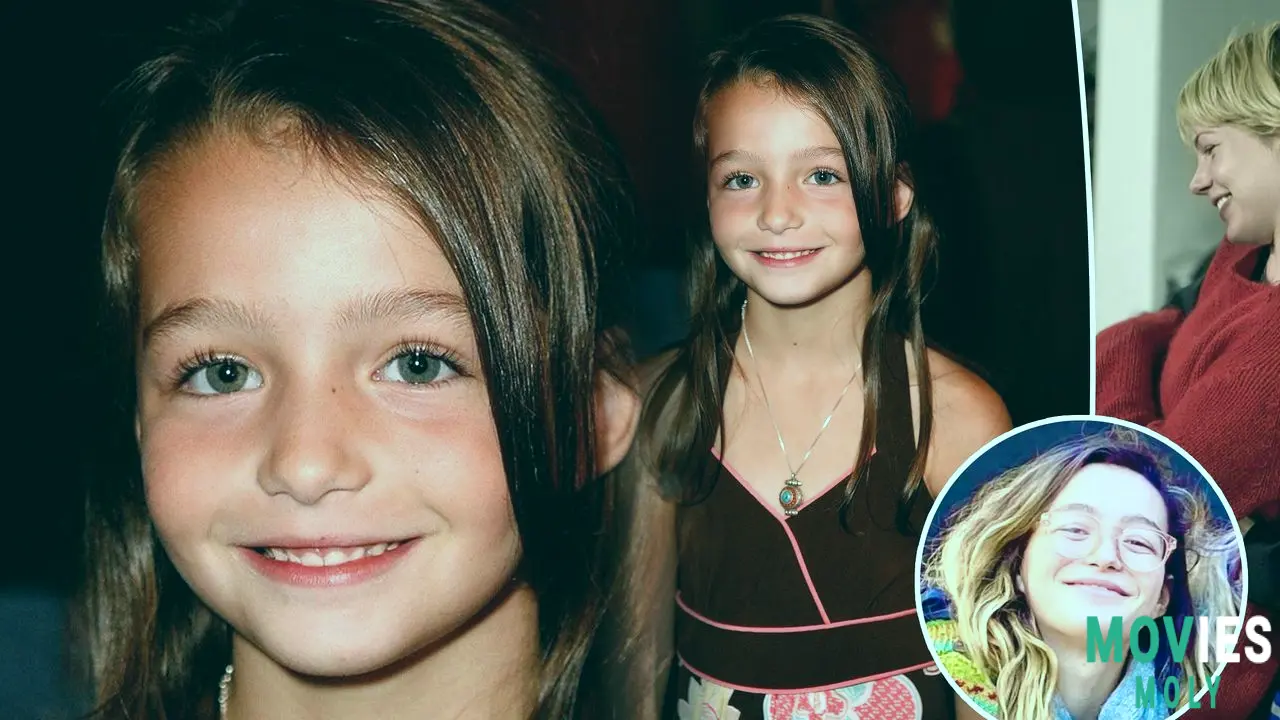
Nyweide’s family described her as “kind and trusting,” traits that tragically made her vulnerable. Their tribute doesn’t shy away from the grim realities — the trauma, the self-medication, the isolation. It reads not just as an obituary, but as a call to action: “May it not be in vain. May we all learn from her brief life on earth and do better. Yes, we must all protect our children and do better.”
What makes this loss resonate so deeply within fandom and feature circles alike is the familiarity of her story. Like so many who grow up in creative industries — be it comic books, film franchises, or serialized TV dramas — Sophie battled demons that never made it into the final cut. She “repeatedly said she would ‘handle it’ on her own,” rejecting help even when it was offered. Her family, therapists, and even law enforcement tried to reach her. And yet, as with so many tragic arcs, she slipped through the cracks.
Her Art, Her Voice, and the Legacy She Left Behind
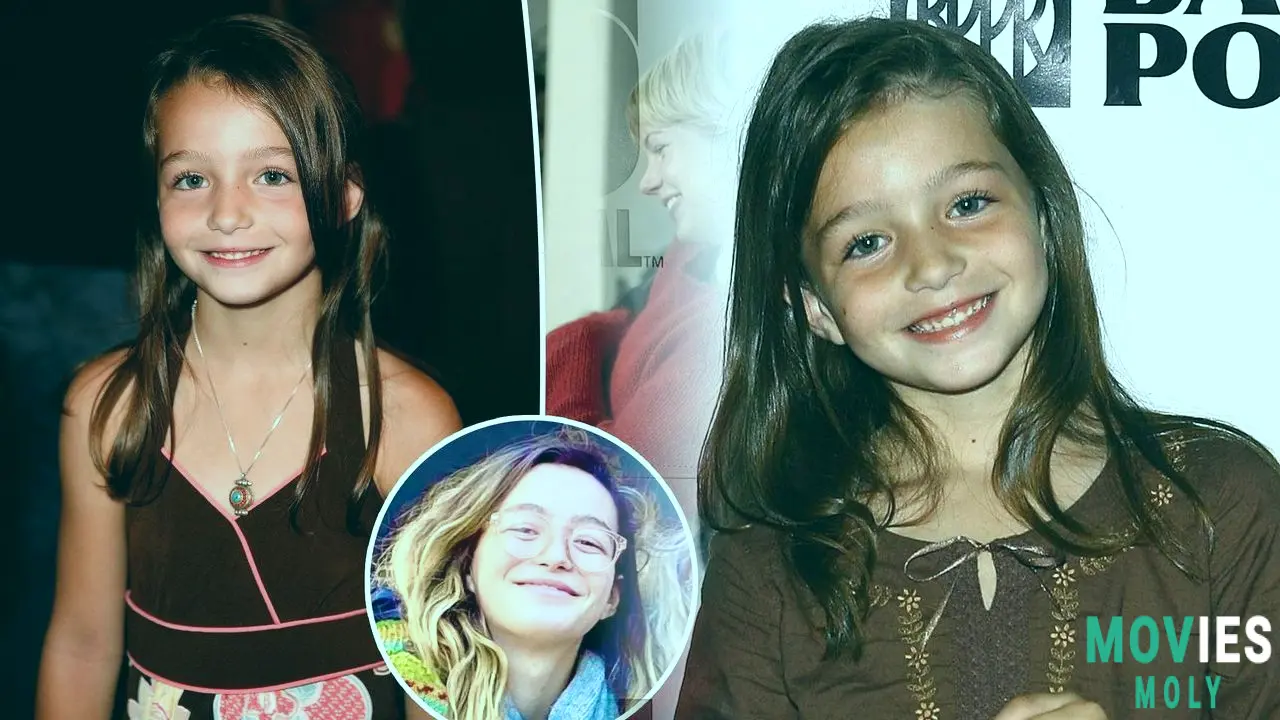
One of the most evocative details from the family’s statement is the mention of Sophie’s artwork and writings. These weren’t just hobbies — they were her language, her secret scripts. “Much of this art depicts the depth she had and it also represents the pain she suffered,” they said. In a way, Sophie was telling stories even when she couldn’t speak them aloud. Her creative output was a mirror to her soul, much like how graphic novels give voice to internal struggles through imagery and metaphor.
Her family even suggests donating to RAINN in her name, a purposeful choice that steers her legacy toward healing and protection for others. It’s a somber yet powerful reminder that while Sophie’s story ended too soon, it doesn’t have to be silent.
More Than a Child Actor — A Soul Who Demanded to Be Seen
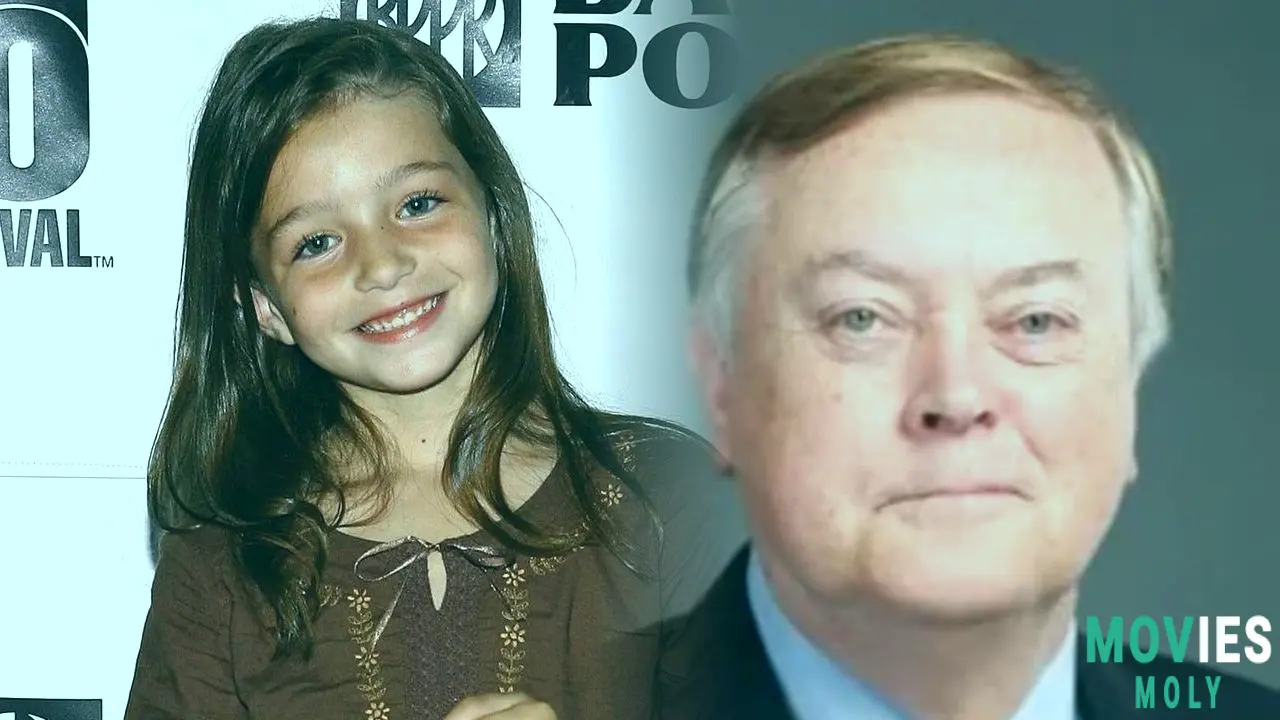
Interestingly, Sophie never knew her mother Shelly Gibson was an actress until she forged that path herself. And she did so with what her family described as sheer will — “She dreamed (more like demanded!) to be an actor.” This determination, coupled with her natural talent, gave her a presence on screen that belied her age. She wasn’t just playing parts; she was exploring herself through them.
From playing the daughter of Gael García Bernal and Michelle Williams in Mammoth to her roles in Shadows & Lies and An Invisible Sign, Sophie’s filmography may not fill a comic universe, but it’s no less heroic. Each role was a mission, each scene a battleground where she fought to express something real.
Protecting Our Heroes Off-Screen: A Plea From Sophie’s Story
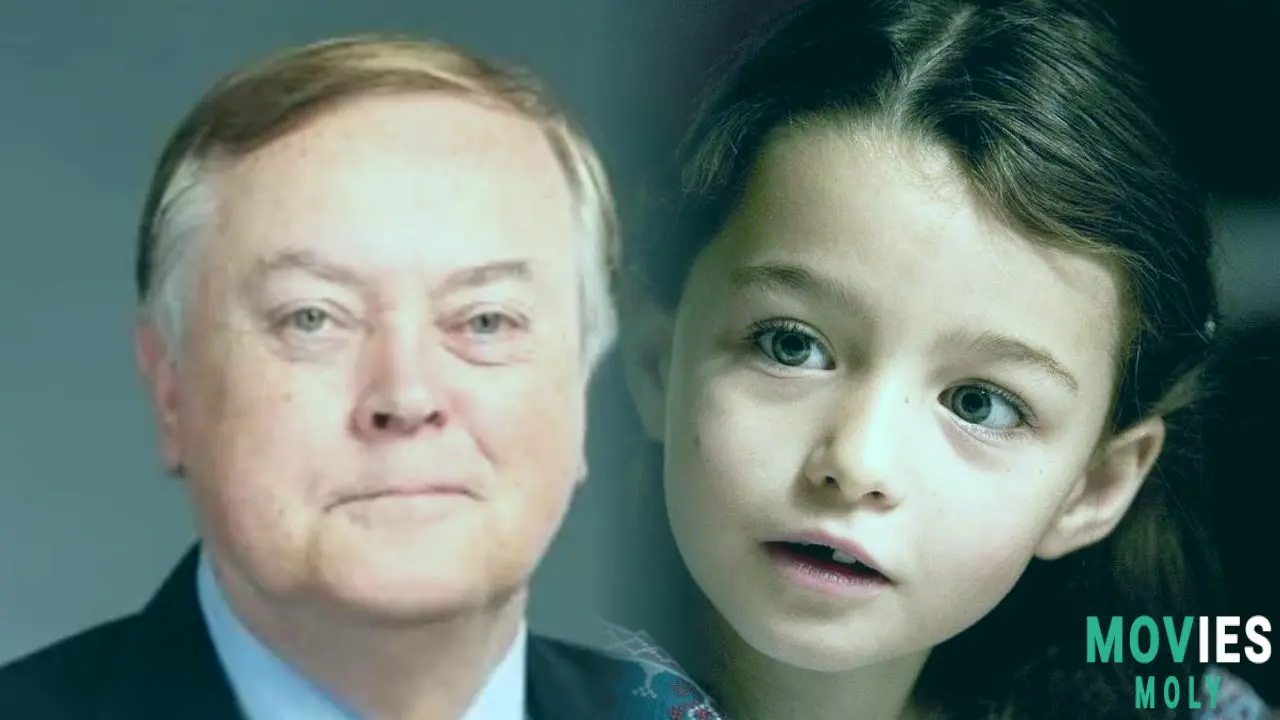
Sophie Nyweide’s death is being investigated with the possibility of foul play, but regardless of the outcome, the true investigation must be societal. How do we protect the vulnerable? How do we support those who mask their pain with creativity and smiles? Her life — brief, bright, and burdened — is a stark reminder that not all heroes wear capes, and not all battles are visible.
In the end, Sophie was more than a child actress from Noah. She was a creative soul, a weary warrior, and a voice for those still fighting. May her story inspire us to look deeper, care harder, and do better. Because that’s the kind of legacy worth leaving behind.

